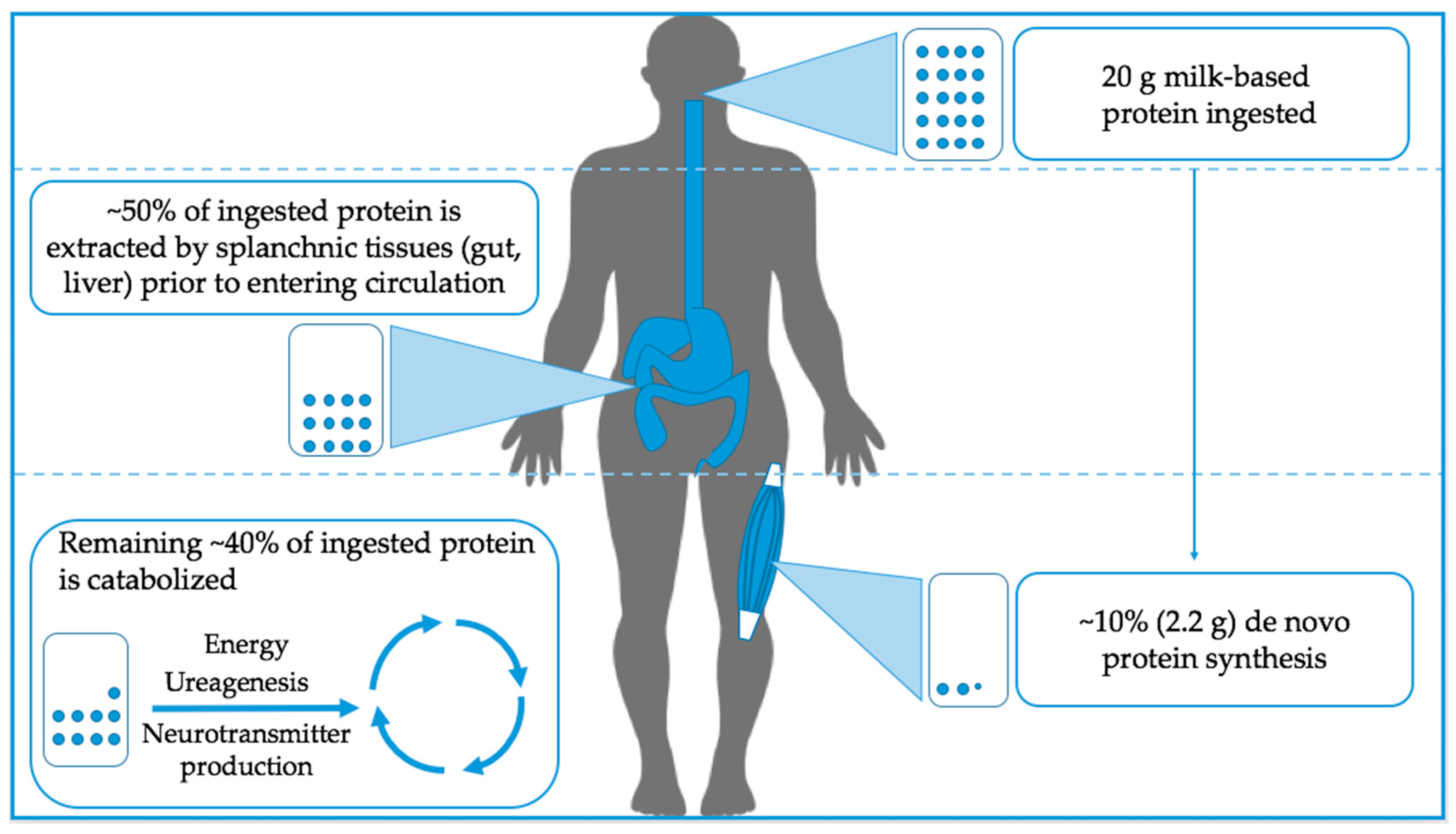
For all the gym goers – How much protein we need post workout to facilitate muscle growth
This is an extract from a great post from the Thinking Nutrition Facebook Page One for those interested in the current research around dietary protein and muscle protein synthesis (MPS). Key recommendations: - Consume ~0.4 g/kg body mass to maximally stimulate MPS following a period of rest or exhaustive resistance exercise. - Spacing protein-containing meals ~3–5 h throughout the day maximizes MPS rates over the course of a 12 h (i.e., waking) period. - Practice pre-sleep protein ingestion (1–3 h prior to sleep) to offset declines in MPS that would occur during an overnight fasting period. - To maximize muscle protein accretion with resistance exercise, daily protein intakes should be ~1.6 g/kg/day and up to 2.2 g/kg/day. This intake can be achieved by ingesting 3

Does Dairy Really Cause Inflammation
From the excellent blog by Thinking Nutrition: http://www.thinkingnutrition.com.au/dairy-causes-inflammation/ Dairy causes inflammation and the Easter Bunny is real ‘Dairy causes inflammation’ is a popular catch cry in the ‘alternative health’ sphere that I hear oft repeated. The scientific evidence shows the opposite though, with dairy having significant anti-inflammatory action. Is dairy really an inflammatory food that should be on the ‘avoid’ list for everyone? I’ve always wondered how it has come to be, that my decades in medical nutrition research, my subscription to 23 leading medical and nutrition journals and keeping up with almost all areas of nutrition research that I’ve missed this link? And I don’t mean an isolated study or two that show

What Patients With Chronic Spinal Pain Expect From Their Physiotherapists?
What do patients with chronic spinal pain expect from their physiotherapist? This could be applied to all manual therapists - chiros, osteos etc. Definitely worth a read.
